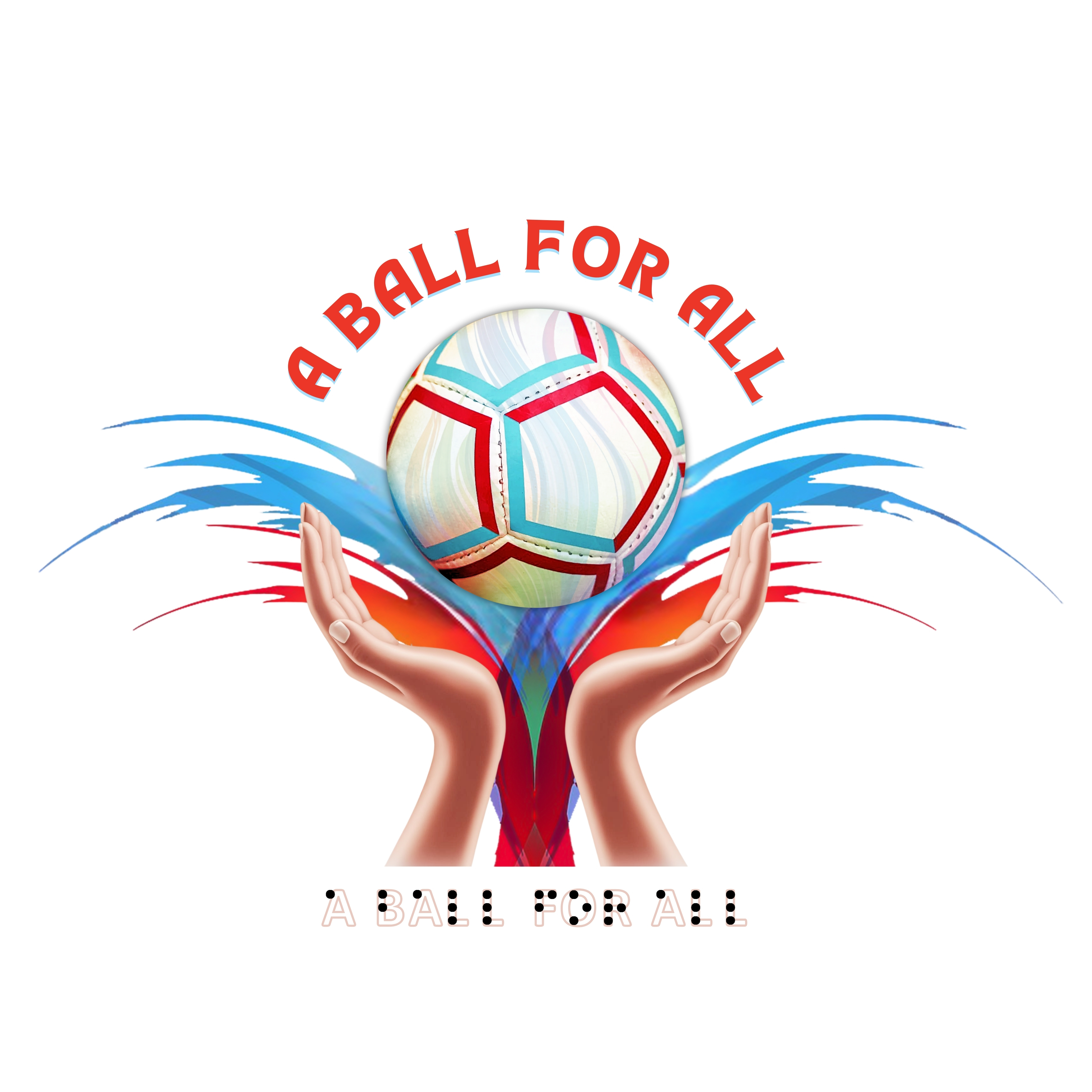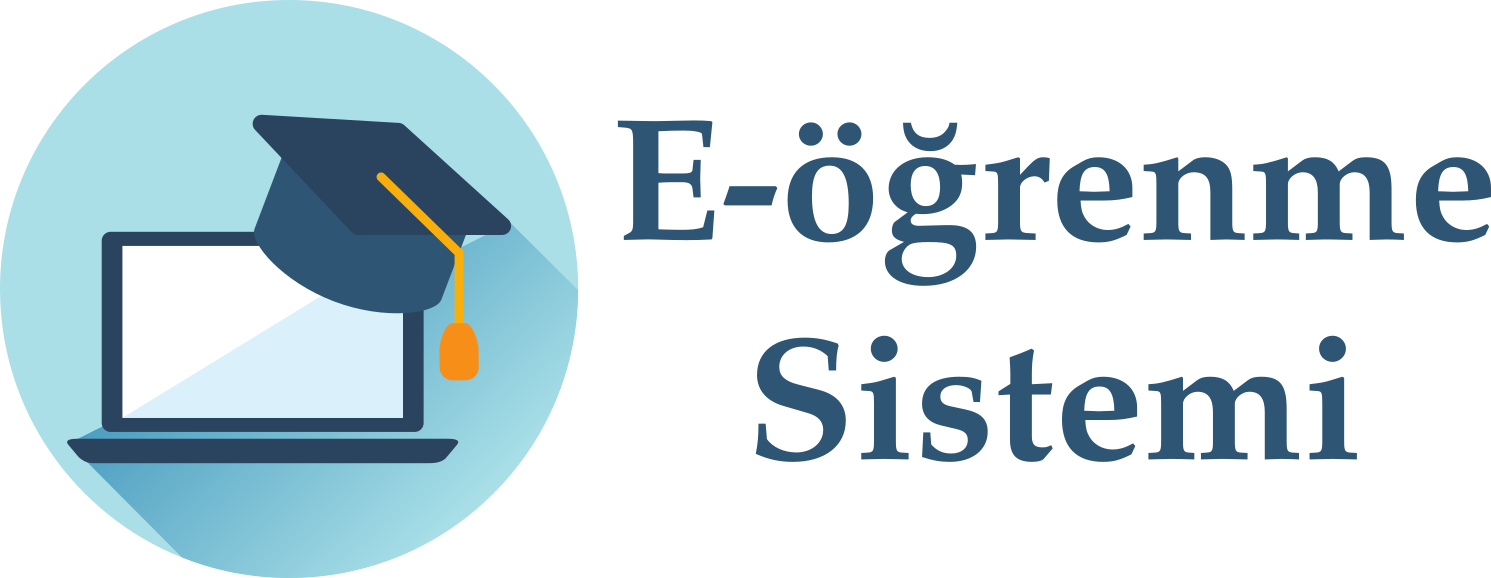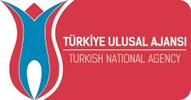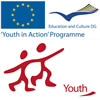
CLICK FOR ONLINE TRAINING DOCUMENTS AND VIDEOS: GOOGLE CLASSROOM
CLICK FOR PROJECT TRAININGS AND MODULE VIDEOS: YOUTUBE
PROJECT PARTNERS:

A BALL FOR ALL PROJECT SUMMARY
Our Sports Cooperation Partnership (SCP) project "A Ball for All" has been deemed worthy of support by the European Commission.
Project Name: E+Sport "A Ball For All"
Project Number: 101184550
Project Owner: Orama Neon Youthorama - Greece
Project Partner: UIB - University of the Balearic Islands – Spania
Project Partner: NGO Ukrainian Association of Football (UAF) - Ukraine
Project Partner: Education Culture Health Sports Foundation For People With Disabilities – Turkey
Local Strategic Partner: Ankara Music and Fine Arts University - Turkey
The project is a 2-year project between partners from Greece, Turkey, Spain and Ukraine.
Our project aims to bring “Visually Impaired Individuals between the Ages of 6-12” together with the ball in visually impaired football, to increase social and public awareness, to facilitate the lives of visually impaired individuals and to contribute to the legislative work in this direction.
DUTIES OF EDUCATION CULTURE HEALTH SPORTS FOUNDATION FOR PEOPLE WITH DISABILITIES IN THE PROJECT
Project Output 2: Guide for Mentors (Deliverable 2 of Work Package 1 – linked to O1C): Empathy is a key element in defining the scope for an inclusive society. Public awareness is vital to understanding the daily challenges of a VIPupil (Visually Impaired Student). The multimedia production of a Guide will consist of two parts: theoretical background and experiential practical session. A series of safe workshops will be designed by PE experts in our consortium to be implemented in schools and sports clubs, different according to the age target group. The Guide is aimed at Head Mentors as a first step, but also at National Mentors, who will be supported by Head Mentors. It will consist of a theoretical background session with our data and philosophy, as well as practical guidelines to support the work of National Mentors in each country. The content will include:
Section 1: Introduction – Project Identity Section 2: Output 1 from Work Package 1 – Mini blind football and innovation Section 3: Supporting National Mentors Section Timetable for National Mentors Section 5: Toolbox with activities (including Self-Assessment tool for mentors) Section 6: Evaluation To be translated into all national languages of the Partners, English and Braille for level VI.
The Translated Guide will be uploaded both on the HOP Platform and on the project website, making it accessible not only to mentors involved in the project but also to anyone interested in delivering the training program. Mentors will be trained on the asynchronous platform HOP and the synchronous platform ZOOM.
The applied methodology is similar to other HOP courses for Mentors. A highlight of a similar course was run by Hellenic NA ESC and Erasmus+ Youth, https://hop.salto-youth.net/courses/Mentors, uploaded to the HOP platform, and mentoring is a fundamental key element in the ESC Programme. We will follow the same structure and methodology; we will not invent the wheel in this regard, but will make the best use of good practices in the relevant field.
Objectives: To train and strengthen a national mentor team that will continue to work with the Lead Mentors
To create a common understanding of quality aspects in the SCP project
To develop the competence of mentors in advising, providing feedback and guiding the engagement process for children with VI and their families
Topics covered include: Fundamentals of mentoring in the SCP project
Interviews with Lead Mentors and the training team who designed the Guide
Competencies and tools for developing yourself as a mentor
Self-assessment and evaluation
Asynchronous tutoring at HOP is self-paced, meaning that mentors are accountable for their learning and their contributions to their peers' learning alone.
Digital Gamification (linked to O1D): Gamification of SCP, designing an online/offline application as part of the educational sports package: We will match values with the actions of sports role models. Students and young people who are out of school have fun using their right to play. Scientists talk about 4C; Critical thinking, Communication skills, Collaboration skills and Creativity. Visually impaired and sighted children aged 6-12 will find teaching methods that adapt to the needs of society through the application and provide children with different mindsets that can be used in the digital age and prepare them for online and real life experiences such as SCP.
Let's increase the empathy experienced by visually impaired individuals by empathizing.
Dr. Abdurrahman KURTASLAN
Education Culture Health Sports Foundation For People With Disabilities
General President







